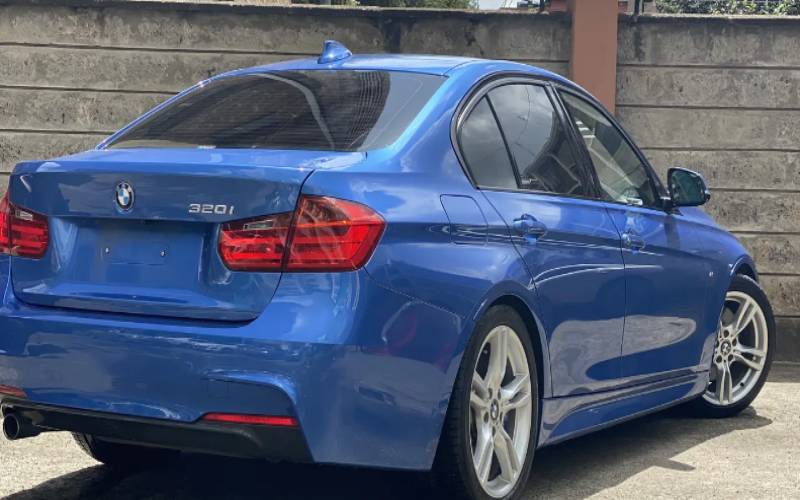×
The Standard e-Paper
Smart Minds Choose Us

The price of a 2015 model of the BMW 320i ranges between Sh2.3m and Sh3m. [File, Standard]
BMW 320i is an entry-level prestige sedan manufactured by Munich-based German carmaker BMW.